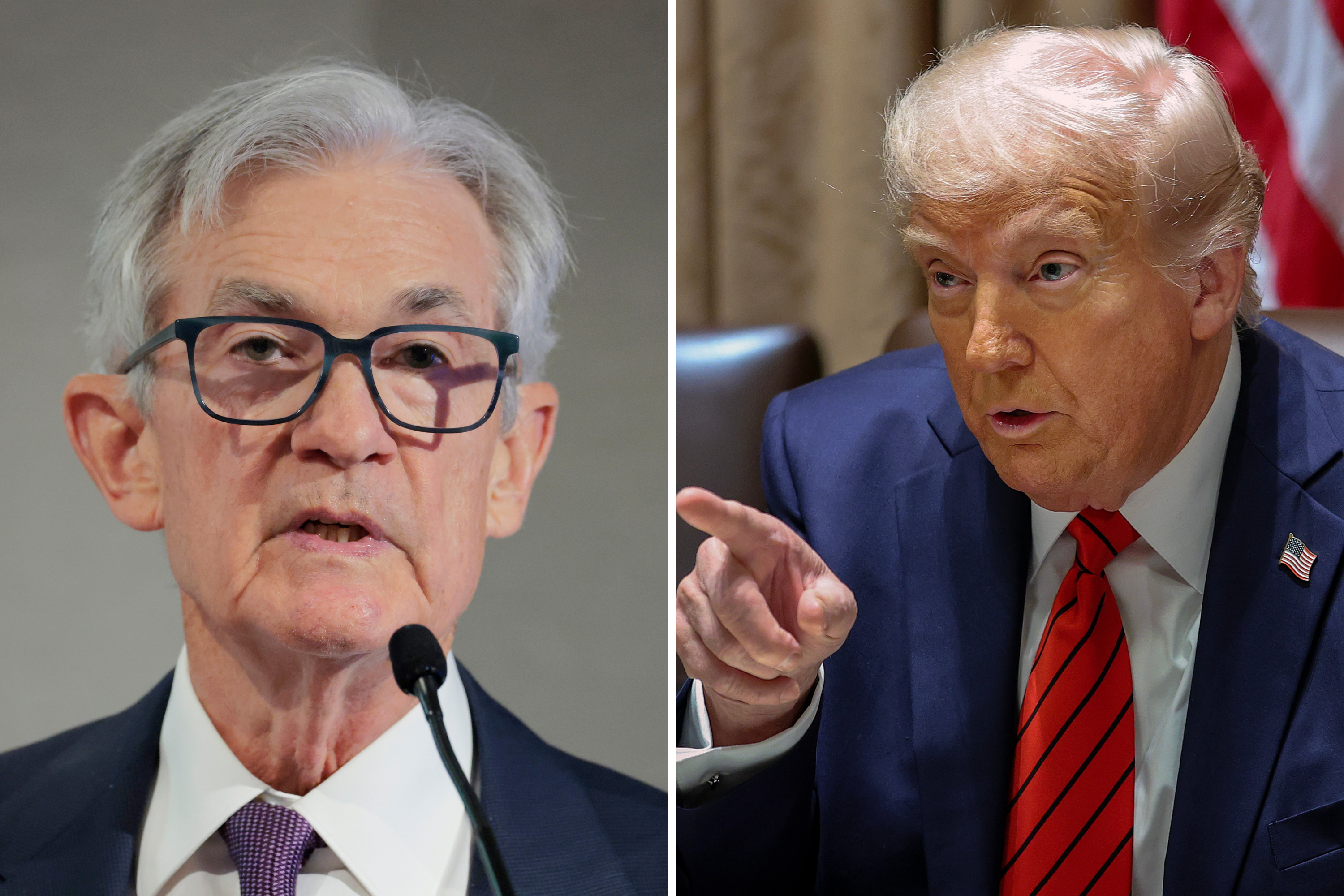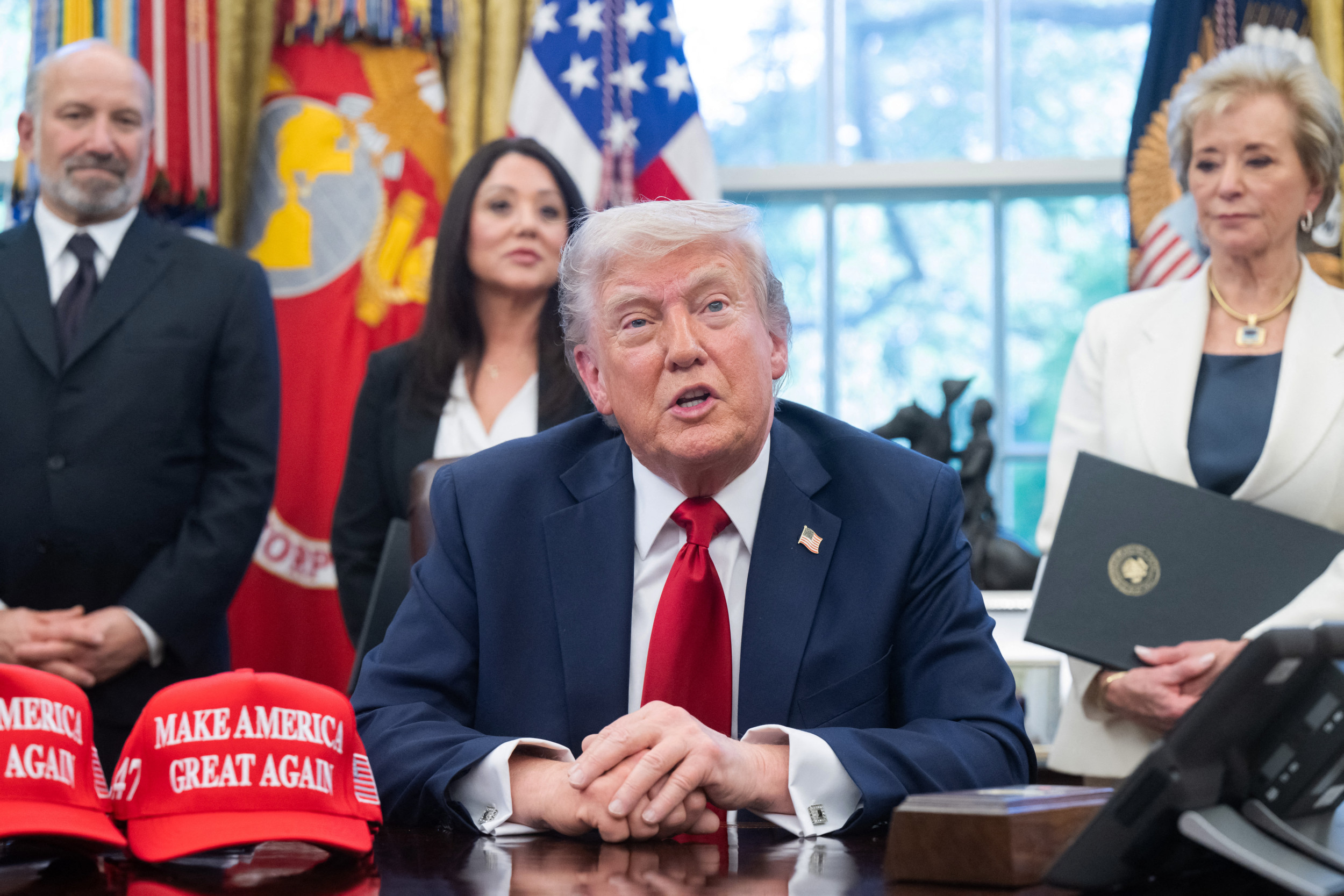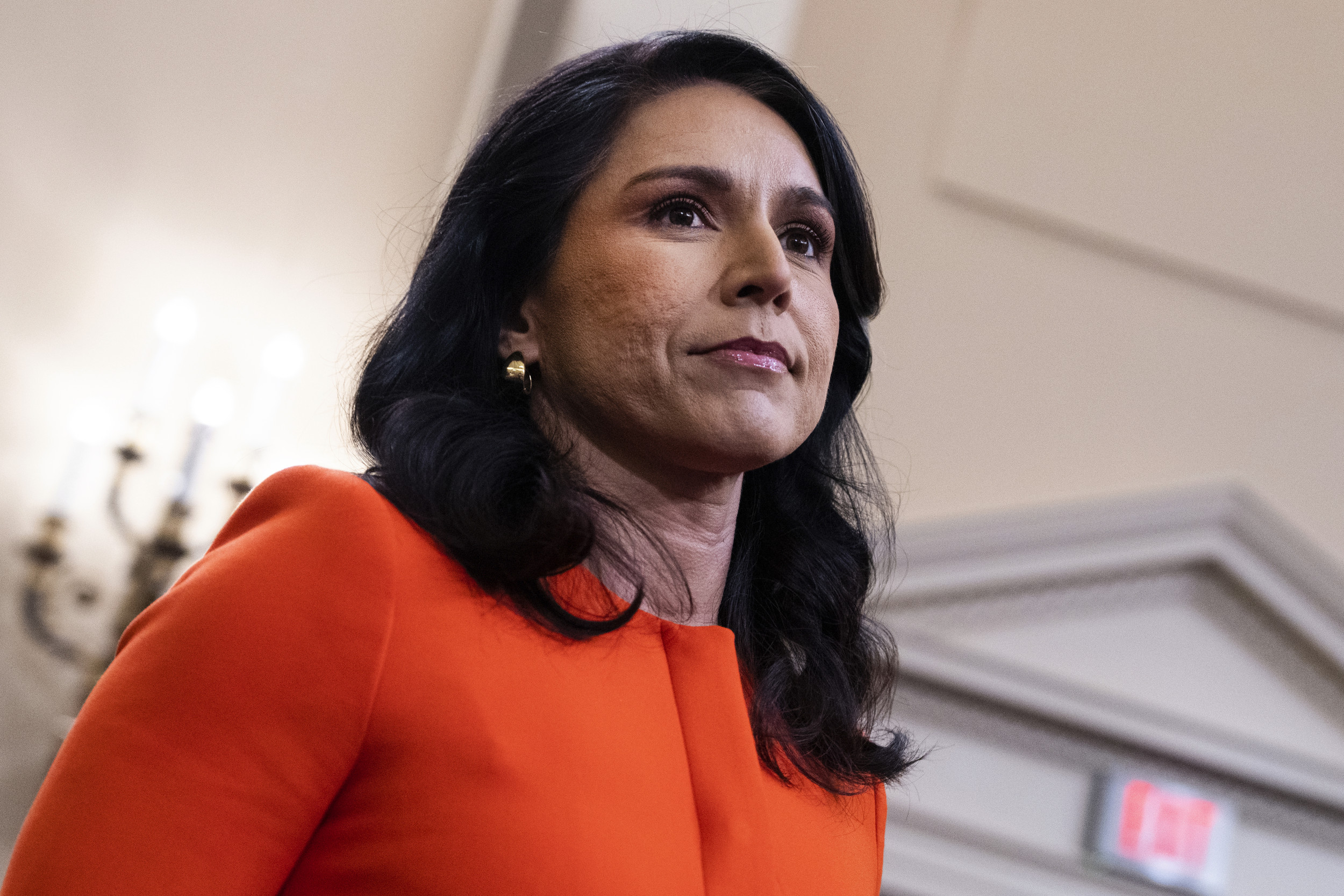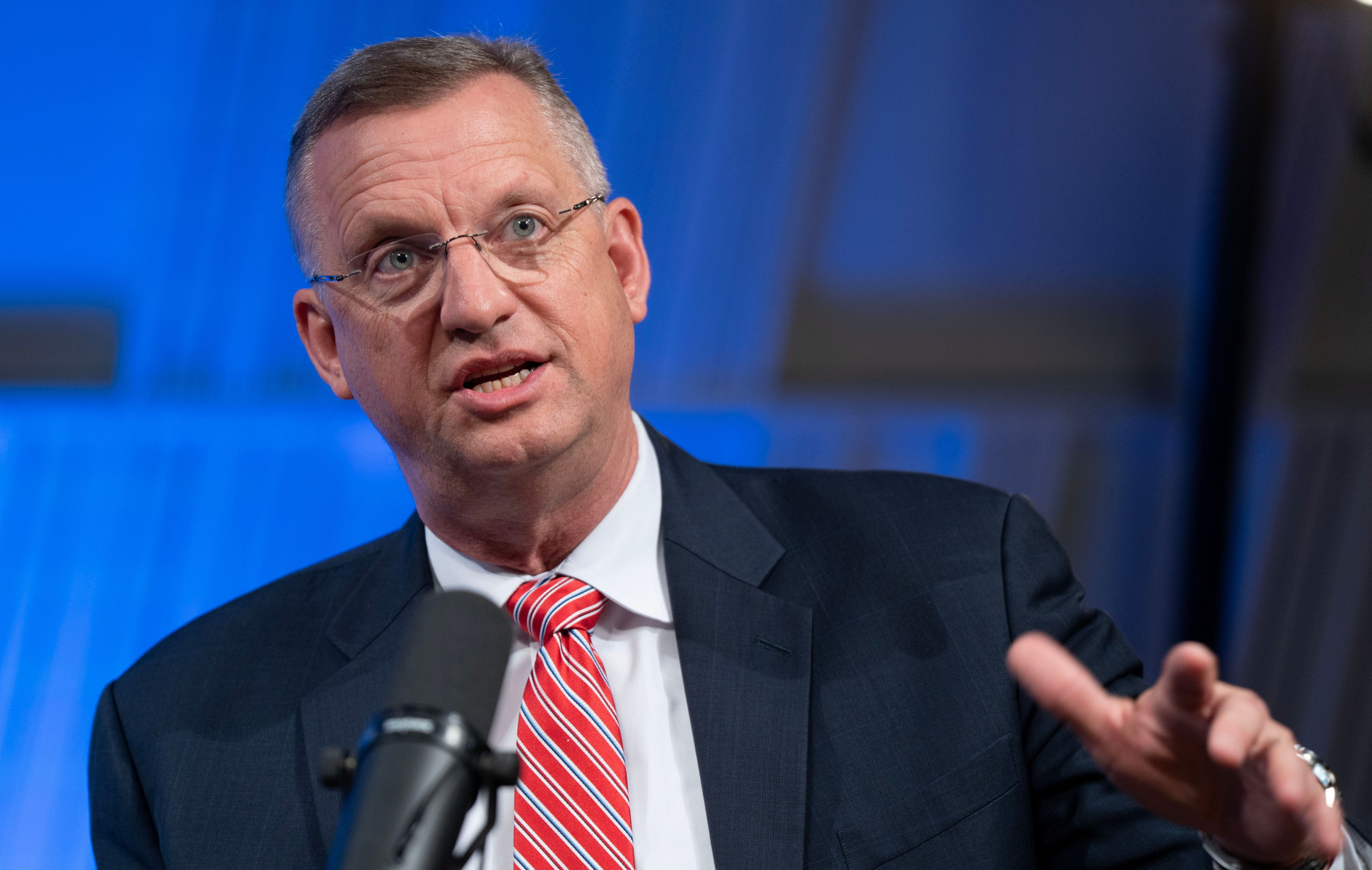🎙️ Voice is AI-generated. Inconsistencies may occur.
Nvidia announced Monday that it will begin manufacturing its artificial intelligence supercomputers in the United States for the first time.
Why It Matters
The announcement comes as the Trump administration has signaled that current tariff exemptions on electronics such as smartphones and laptops are only temporary, pending the development of a new tariff strategy tailored to the semiconductor industry.

What To Know
The tech giant revealed plans to use more than one million square feet of manufacturing space to produce and test its advanced Blackwell chips in Arizona and build AI supercomputers in Texas.
The initiative is part of a broader investment the company says could generate up to half a trillion dollars in AI infrastructure over the next four years.
Nvidia said that it will build two new supercomputer manufacturing plants in Texas as part of its $500 billion investment to the AI supply chain. The company said it plans to produce supercomputers at those two sites in 12-15 months, adding that its Blackwell AI chips are already being produced at a TSMC plant in Phoenix.
Nvidia's announcement is part of the tech industry's broader effort to boost domestic manufacturing in response to Trump's sweeping tariff policy, which imposes a 10 percent baseline duty on countries across the globe and a whopping 145 percent tariff on Chinese goods.
The White House later announced that the tech industry would be exempt from the brunt of the tariffs, but Secretary of Commerce Howard Lutnick said those exemptions would be lifted in the coming weeks.
"All those products are going to come under semiconductors, and they're going to have a special focus type of tariff to make sure that those products get reshored," Lutnick said on Sunday. "We need to have semiconductors, we need to have chips, and we need to have flat panels—we need to have these things made in America. We can't be reliant on Southeast Asia for all of the things that operate for us."
Lutnick's comments came as Trump chimed in on the exemptions on social media, writing that smartphones, computers and some other electronics were not in fact exempt but that "they are just moving to a different Tariff 'bucket.'"
"We are taking a look at Semiconductors and the WHOLE ELECTRONICS SUPPLY CHAIN in the upcoming National Security Tariff Investigations," the president wrote on Truth Social on Sunday.
What People Are Saying
Jensen Huang, the founder of Nvidia, said in a statement: "The engines of the world's AI infrastructure are being built in the United States for the first time. Adding American manufacturing helps us better meet the incredible and growing demand for AI chips and supercomputers, strengthens our supply chain and boosts our resiliency."
Lutnick said of Trump's tariff exemptions on ABC's "This Week": "They're exempt from the reciprocal tariffs, but they're included in the semiconductor tariffs, which are coming in probably a month or two."
The White House said of Nvidia's decision: "It's the Trump Effect in action. President Donald J. Trump has made U.S.-based chips manufacturing a priority as part of his relentless pursuit of an American manufacturing renaissance, and it's paying off — with trillions of dollars in new investments secured in the tech sector alone."
What Happens Next
The Trump administration will soon announce the details of its semiconductor tariff.
Reporting by the Associated Press contributed to this story.
Update 4/14/25 9:39 p.m. ET: This story has been updated with additional information and context.
fairness meter
About the writer
Sonam Sheth is an Evening Politics Editor at Newsweek who is based in New York. She joined Newsweek in 2024 ... Read more




